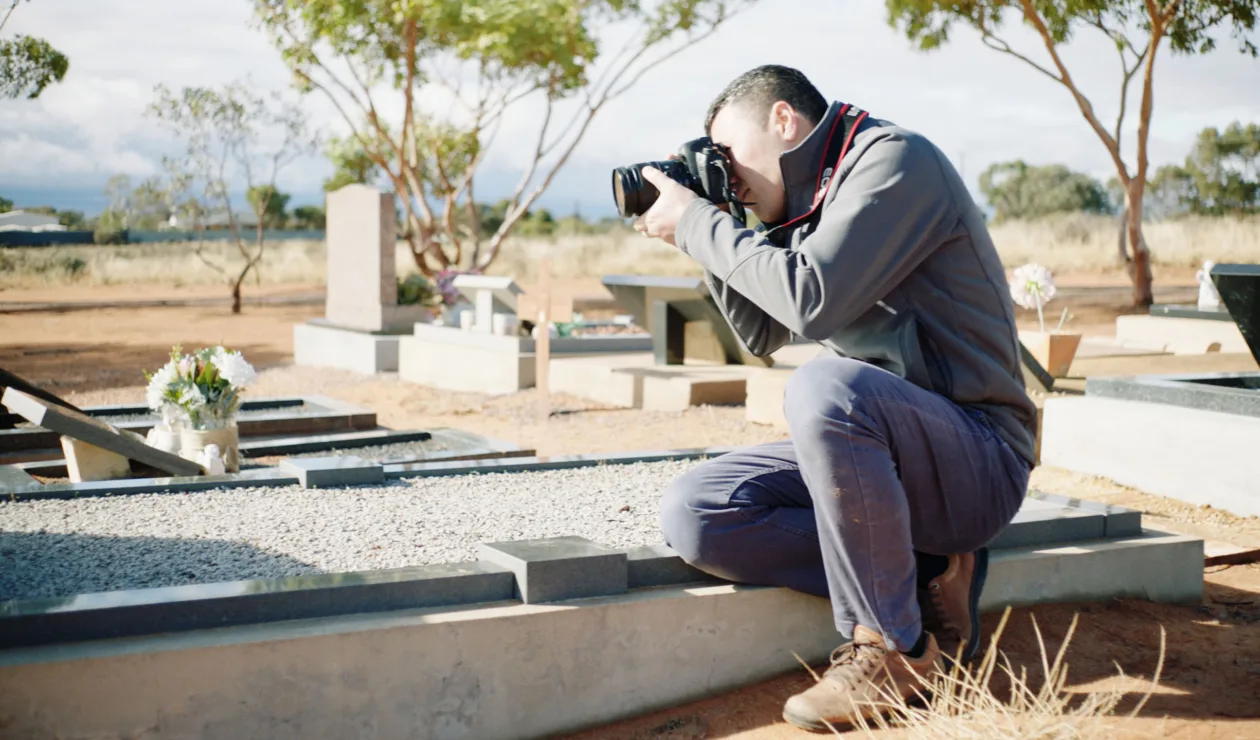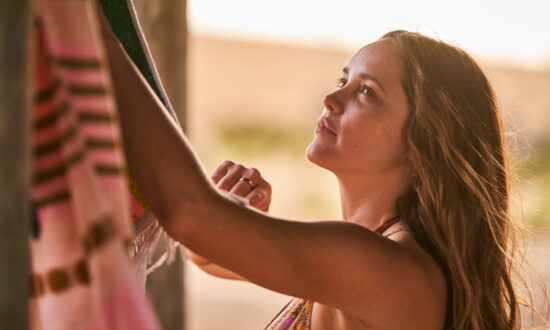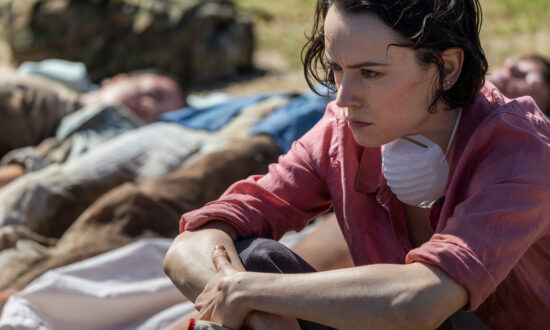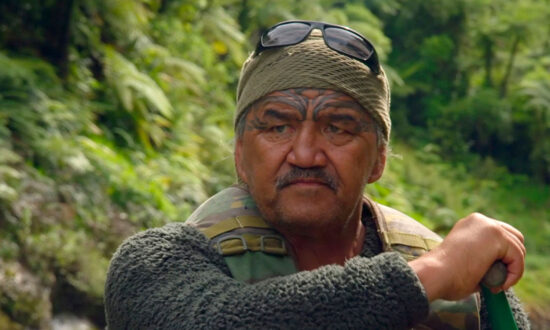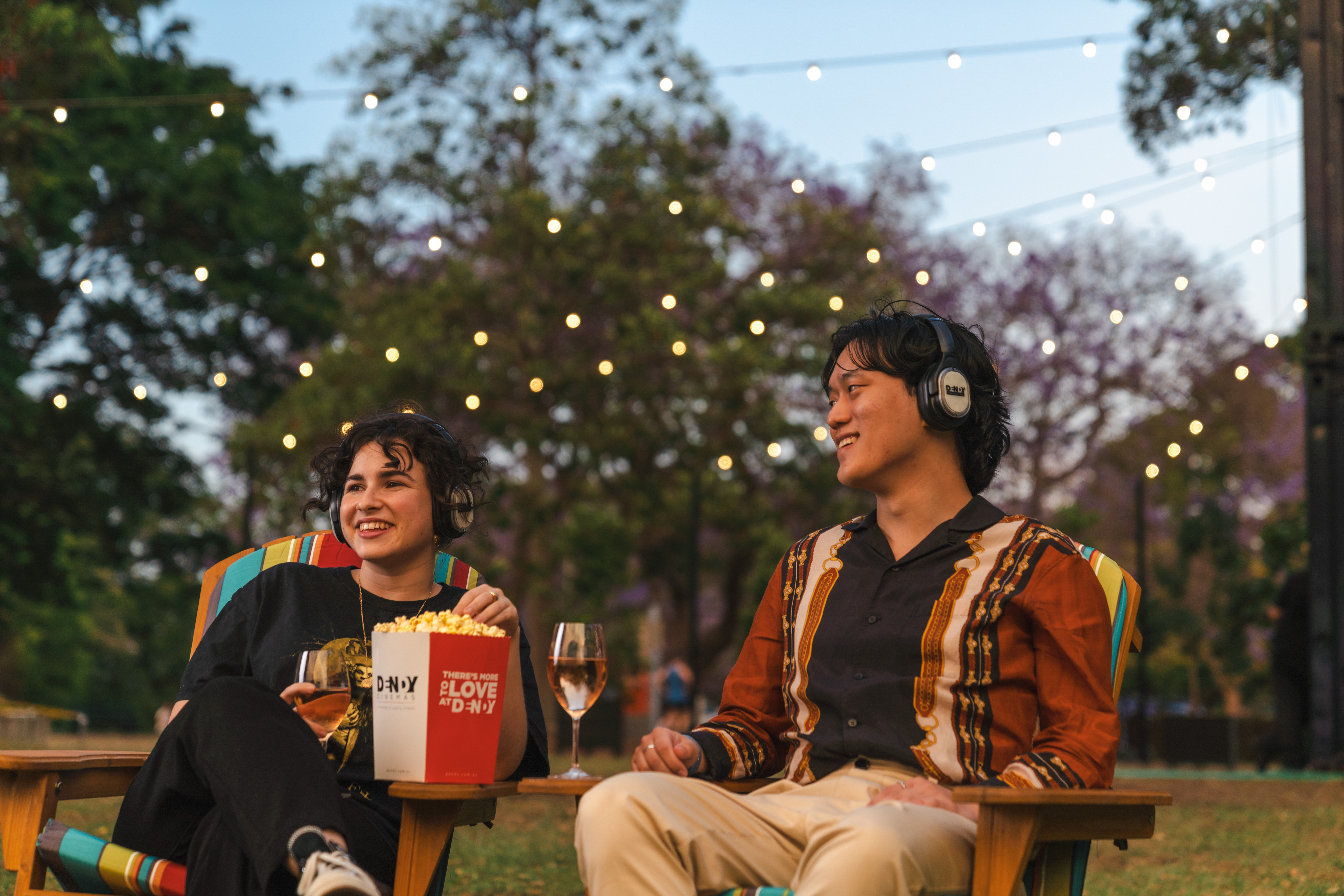Muzafar Ali has been on the phone for up to 10 hours a day to friends and family in Afghanistan who are desperately seeking his help after the resurgence of the Taliban.
He has no faith in a newly-moderate Taliban ready to give women and girls their rights, particularly in Hazara provinces like his which fell to the Taliban just a few days before Kabul after two decades of independent rule and a relatively relaxed way of life. Away from public eyes in Kabul, everything changed as strict Sharia law was reimposed.
“Hazara people are totally different to the Taliban Pashtun and we had immediate borders with Taliban but we had a sort of protection for 20 years,” Ali says. “But not now.”
The photographer, human rights activist and former Afghan refugee, who was accepted under Australia’s humanitarian program in 2015 after two years in a refugee camp in Indonesia, is the focus of a new documentary directed by SA-based filmmaker Jolyon Hoff (of local production company Light Sound Art Film), who befriended Ali while he was living in Indonesia. Ali, who is fluent in English, worked in Afghanistan with the UN from the time he was 18, but in 2013 fled to West Java, where he helped found an English school for refugees while waiting for placement.
Before the US withdrawal triggered the latest crisis, Hoff and Ali had begun planning a documentary about Ali travelling with his camera around Australia to remote desert communities and old Ghan towns, tracing the steps of the Afghan cameleers who were brought to this country in 1860 to transport goods through the nation’s desert interior.

Friends Muzafar Ali and Jolyon Hoff. Photo: Hamish Ludbrook
Ali is fascinated by Australia’s Afghani descendants, many of whom married into the Aboriginal community, and wants to hear their stories and travel to the annual Camel Cup in Marree to share a curry with them.
“I am really keen to discover more about their identity, how they negotiate their different identity: How much are they Aboriginal? How much are they Afghan?” he says.
He has seen fragments of Afghani culture that have endured. He remembers noticing an elderly Indigenous woman who poured water on a grave, as her father and grandfather had done, not knowing it was an Islamic ritual to pacify the dead person’s spirit.
“That was really striking for me, and they make curries when someone dies and distribute this to their neighbours and friends, which is a very popular ritual among Muslims,” he says.

Photos of South Australian cameleer descendants. Photo: Katrina Penning
The original cameleers were paid labourers brought here on three-year contracts by Sir Thomas Elder, who used them to open up inhospitable routes into the far north of South Australia, West Australia, and the NSW and the Northern Territory, shipping food and supplies to remote settlements and mining camps.
They were a marginalised community, based at Beltana Station in the Flinders Ranges, but mixed and married into the Indigenous community and their descendants are widespread. Some returned to Afghanistan but many of the men remained here and intermarried.
“What you discover when you start digging is they are everywhere, from Nici Cumpston at the Art Gallery [of South Australia], who is an Afghan descendant, to the Fielding family and Zaachariaha Fielding from Electric Fields and the musician Dan Sultan,” says Hoff.
Ali’s interest in Australian Afghan ancestry has been intensely refocused because of the crisis in Afghanistan, and the documentary, to be called Watandar / Countryman, will intersect with the drama unfolding in Afghanistan. Ali heard just a few days ago that 14 ethnic Hazara people were killed by the Taliban in a village in his province and he holds little hope of anyone safely making their way out.
“The whole country is under Taliban control now and they are ruling as a state,” he says. “Girls have been beaten up when before they could go to school, they could be teachers, they could work and they could talk with men. Some of these girls were beaten just 10 days ago.”

Muzafar Ali at a candlelight vigil for Afghanistan. Photo: Jolyon Hoff
People in Afghanistan don’t have easy access to the internet, and Ali says what is happening in the villages is being hidden from the world. In one village he knows of, the Taliban have confiscated all the cars, leaving the residents unable to leave.
“They stole it, they snatch it from the people and now people know they cannot escape if there is no car; they cannot initiate resistance,” he says. “We don’t have access to the news from these areas where the Taliban will commit atrocities.”
Photography for the documentary has begun and Hoff is hoping to access Adelaide Film Festival funds and to premiere the documentary at next year’s AFF. It will follow Ali’s investigation of Afghan identity here and what it means 160 years after the cameleers arrived, set against his personal involvement with events unfolding in Afghanistan in 2021.
Ali still intends to trace the steps of the Afghan cameleers, and the pair hope to end the documentary in Maree at the 2022 Australasian Camel Cup.
“I think the idea for the film is to bring the two sides together – that we are far more connected than we ever really imagined,” Hoff says. “That’s where Muzafar becomes a really important person – he represents the next Australia where we discover those colonial mythologies are not as simple as we thought they were.”
NOTE: Muzafar Ali also helped with the development of Windmill Theatre Company’s Amphibian, a play that recounts parallel stories of displacement and will be presented at the Space Theatre on September 25, with the company donating box office takings from the evening session to the Baba Mazari Foundation.
Support local arts journalism
Your support will help us continue the important work of InReview in publishing free professional journalism that celebrates, interrogates and amplifies arts and culture in South Australia.
Donate Here
